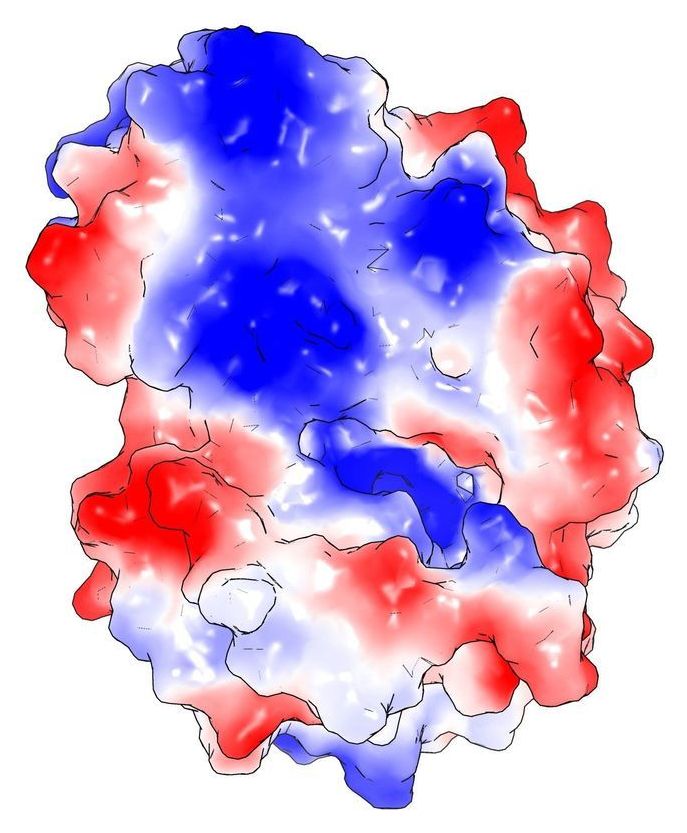The toxin can block the use of important amino acids required by the bacteria to produce essential proteins needed for survival.
An international team of researchers, led by Durham University, UK, and the Laboratory of Molecular Microbiology and Genetics/Centre Integrative Biology in Toulouse, France, are aiming to exploit this toxin to develop new anti-TB drugs.
Their findings are published in the journal Science Advances.
